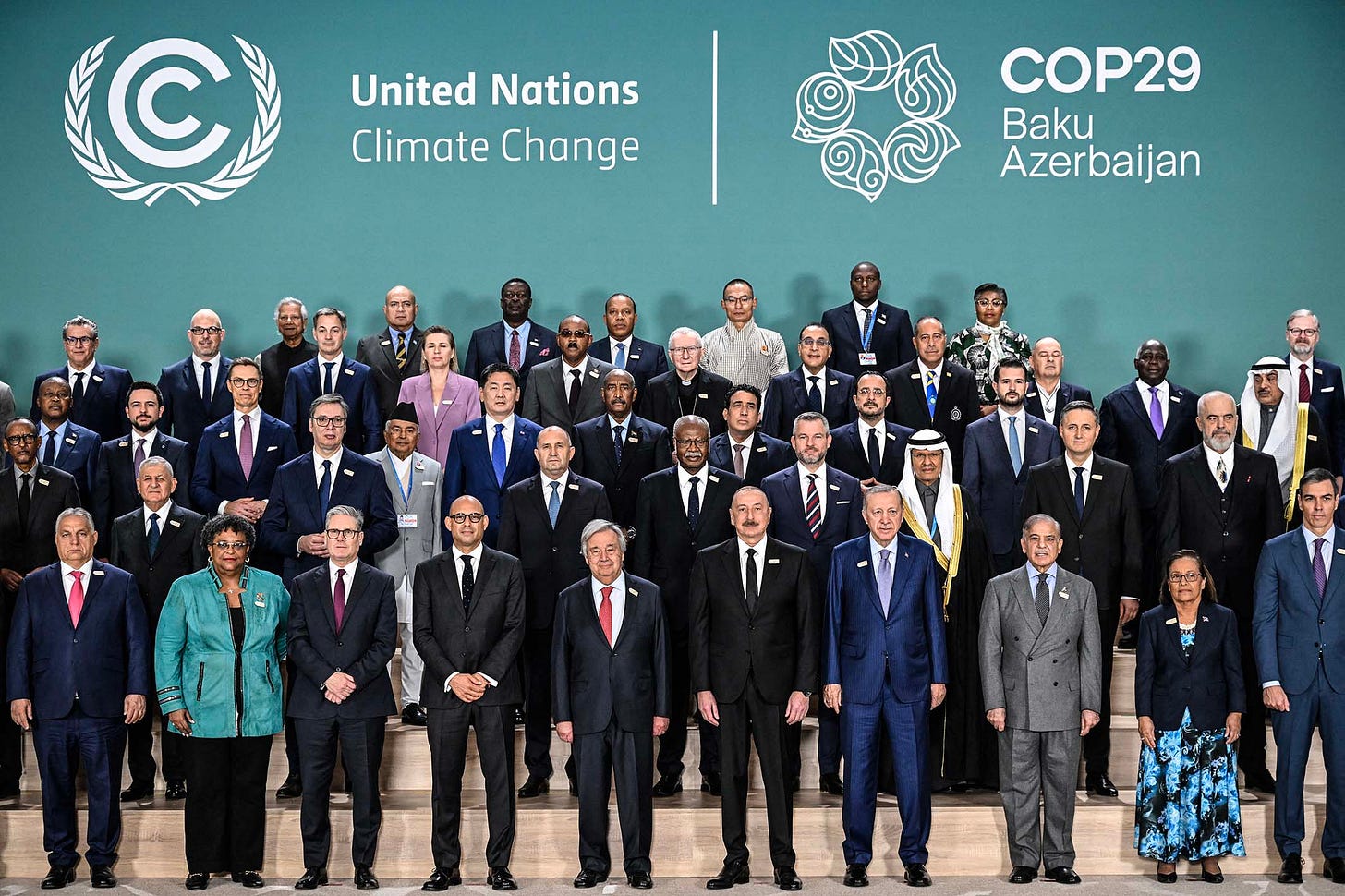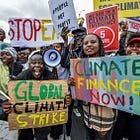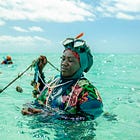Men seek climate equity by speaking over women
Disproportionately hurt by our heated world, women are unlikely to get much of a say as men in climate talks over the next decade.
Marché Arends

Of the 78 world leaders currently at the annual climate talks (COP29) in Azerbaijan, only eight are women.
That number gets better in the delegations sent by countries, with 40% of the 17,000 representatives identifying as women. Analysis by UK-based Carbon Brief shows this to be the most gender balanced COP on record. The first COP, in 1995, had just under 1,000 delegates – and 88% were men.
But this is averaged across the nearly 200 countries in Baku. Research published in Lancet Planet Health on Monday found that African delegations are only likely to achieve gender parity – at least 45% of their delegation being women – by 2033.
When it initially announced the 28-person team to run this COP, Azerbaijan had 28 men. After some backlash, the country quietly added 12 women – and another two men.
The Lancet paper said: “Women are less likely to own land and resources to protect them in post-disaster situations, have less control over income, less access to information, and experience limited institutional support and restricted freedom of association, resulting in increased vulnerability to acute and long-term climate change impacts.”
But they are barely present in the rooms where strategies and resources to mitigate those impacts are negotiated. Men continue to dominate the seats at the table to solve a crisis that affects women the most.





